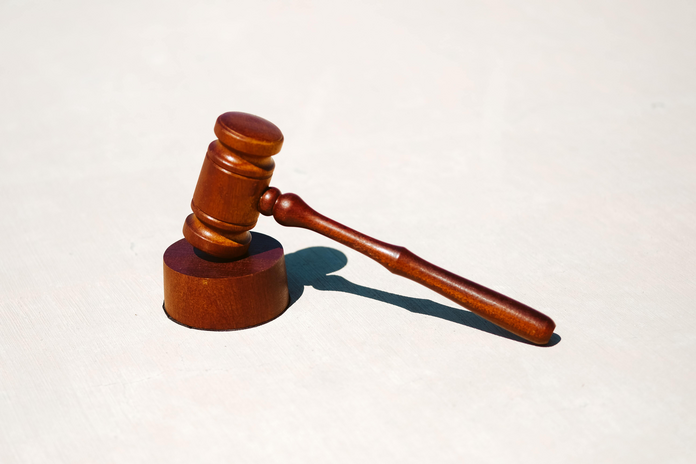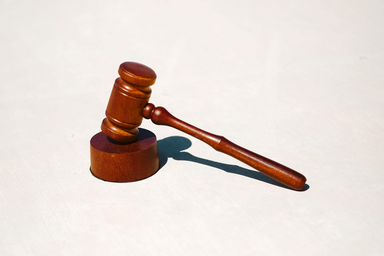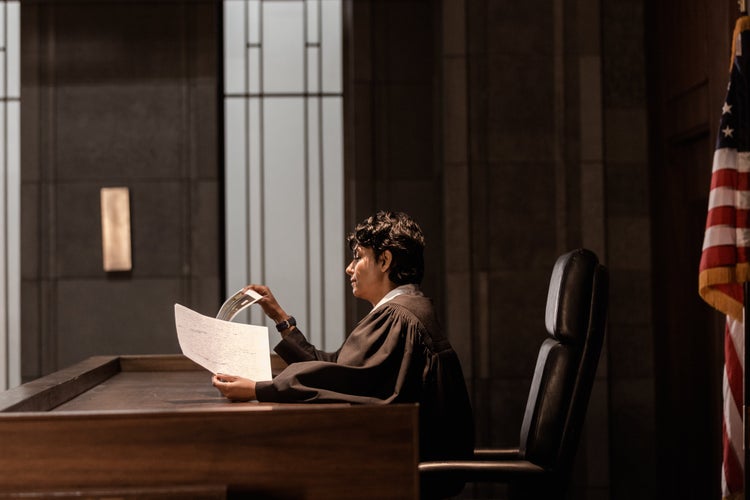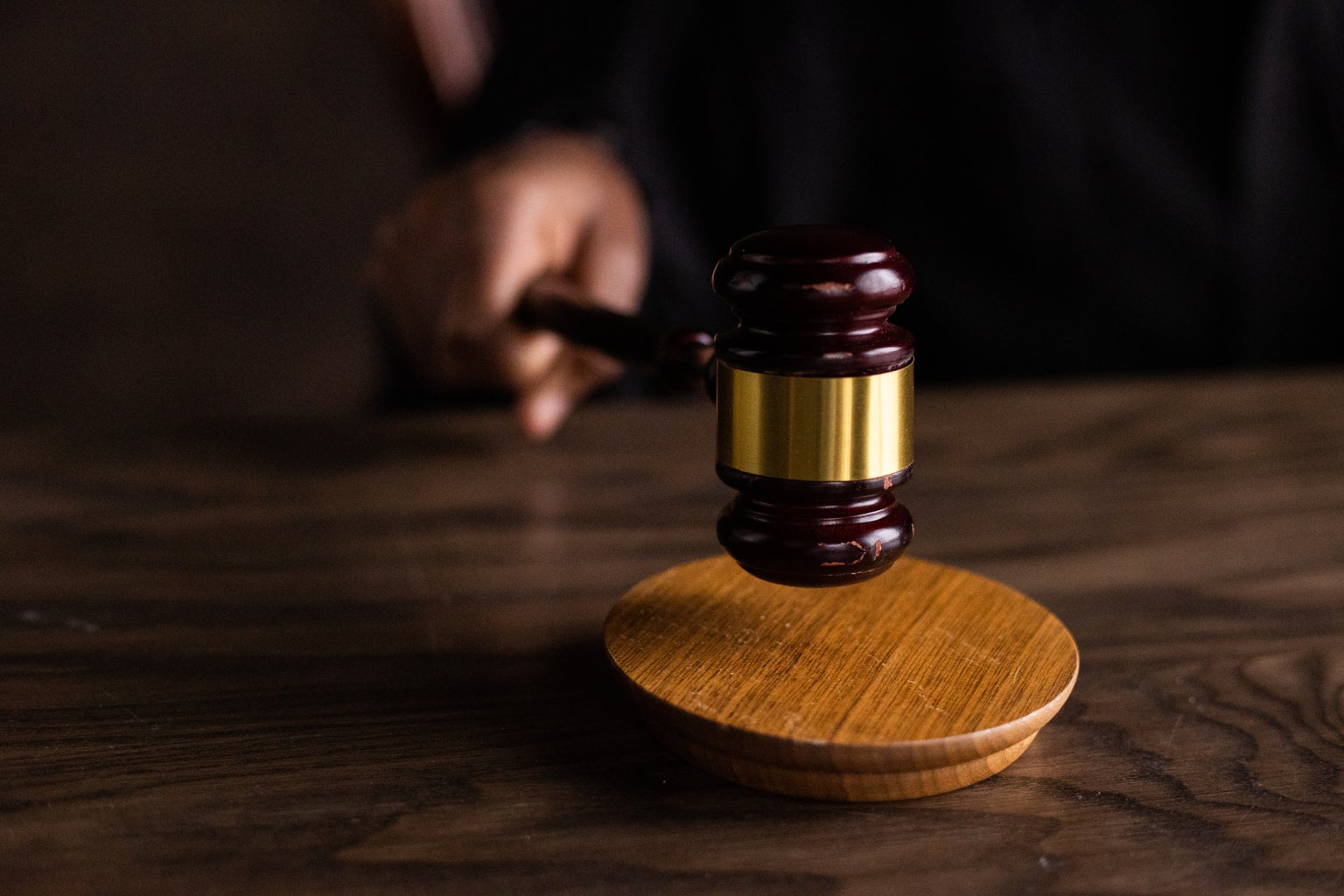The State of Wisconsin vs. Kyle Rittenhouse trial has been occurring for over a week now. Here is a quick rundown of what you need to know about the case.
Kyle Rittenhouse faces six charges for killing Joseph Rosenbaum, 36; Anthony Huber, 26; and injured Gaige Grosskreutz using an AR-15 rifle that he was too young to own during protests in Kenosha, Wisconsin.
Rittenhouse pled not guilty to first-degree reckless homicide, first-degree intentional homicide, attempted first-degree intentional homicide, possession of a dangerous weapon by a person under 18 and first-degree recklessly endangering safety on two counts.
The events at the protest on Aug. 25, 2020, were mostly caught on camera; therefore, the jury is deciding whether Rittenhouse acted in self-defense or if his actions were unjustified.
Rittenhouse got emotional on the stand last week when he recalled the events that took place. The defendant broke down in tears as he retold the moments before shooting and killing Joseph Rosenbaum. The judge issued a 10-minute break for Rittenhouse to compose himself.
Rittenhouse said he acted in self-defense when firing at Rosenbaum, who threw a plastic bag and chased the defendant. Rittenhouse testified, “He was chasing me, I was alone, he threatened to kill me earlier that night. I didn’t want to have to shoot him. I pointed it at him because he kept running at me, and I didn’t want him to chase me.”
During the cross-examination, Rittenhouse stated he knew Rosenbaum was unarmed when he was running towards the defendant. Rittenhouse pointed his gun at the victim because he feared Rosenbaum would have taken his gun and shot multiple people.
Rittenhouse stated, “If I would’ve let Mr. Rosenbaum take my firearm from me, he would’ve used it and killed me with it and probably killed more people if I would’ve let him get my gun.”
Additionally, tension rose last Wednesday when Judge Bruce Schroeder asked the jury to leave the room twice to admonish prosecutor Thomas Binger for his line of questioning.
The first instance was when Binger questioned Rittenhouse’s post-arrest silence. Judge Schroeder said, “The problem is this is a grave constitutional violation for you to talk about the defendant’s silence.”
Judge Schroeder later continued by saying, “I was astonished when you began your examination by commenting on the defendant’s post-arrest silence. That’s basic law. It’s been basic law in this country for 40 years, 50 years. I have no idea why you would do something like that.”
The second instance was when Binger asked questions regarding an incident that occurred two weeks prior to the August protest. Binger believed that the incident was relevant to the discussion, but Schroeder retaliated by saying Binger should have asked for permission beforehand and declared that the new evidence was not permitted.
Binger stated, “I thought your ruling was if the evidence, in this case, made that more relevant, you would admit it or at least consider its admittance.”
Schroeder replied, “Don’t get brazen with me.” Schroeder continued, “You know very well that an attorney can’t go into these types of areas when the judge has already ruled without asking outside the presence of the jury to do so, so don’t give me that.”
The defense rested its case last Thursday, and closing arguments are expected to be held on Monday. Ultimately, the jury is expected to consider a verdict early this week.
Want to see more HCFSU? Be sure to like us on Facebook and follow us on Instagram, Twitter, TikTok, YouTube and Pinterest!




